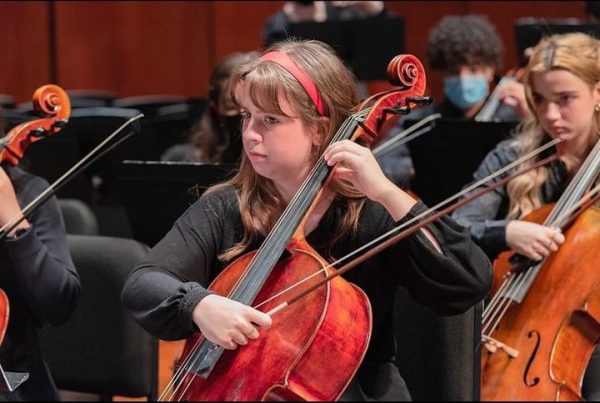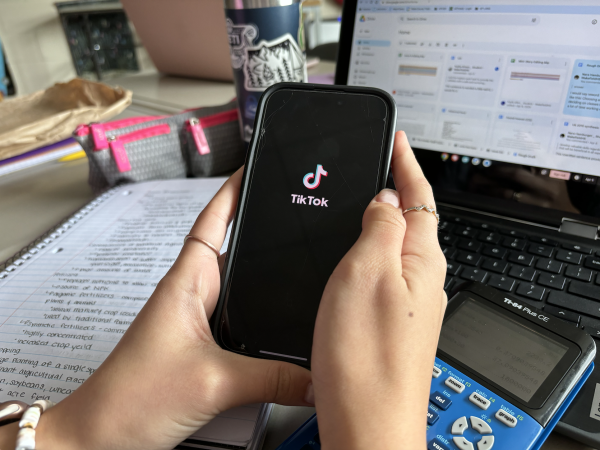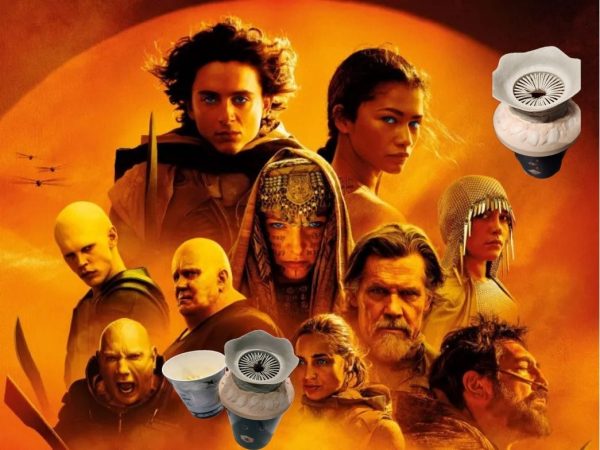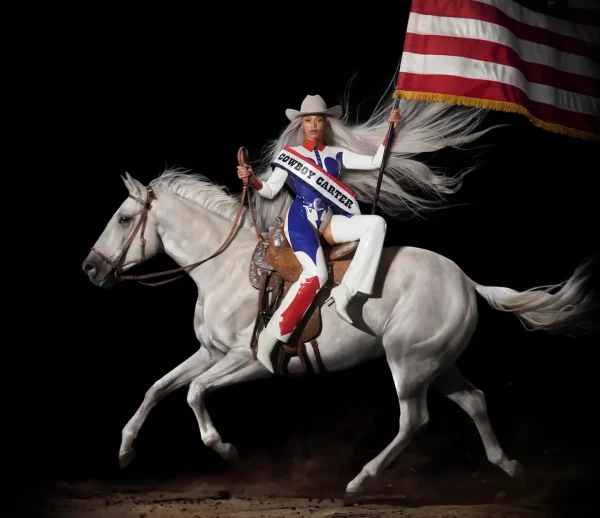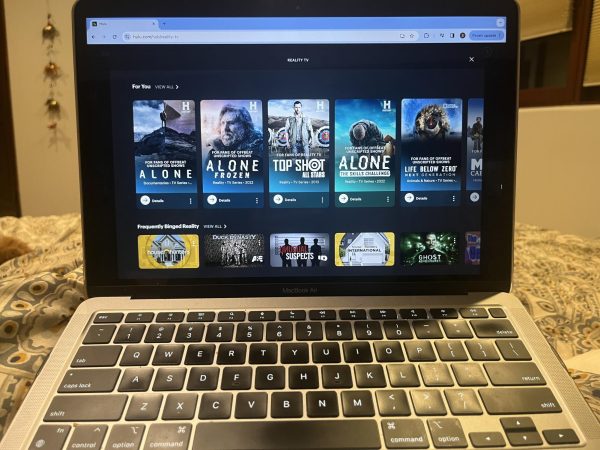Up Next, Underrepresentation
Netflix continues to cancel their shows with diversity and representation, but at what cost?
November 17, 2020
As someone who has a sister who is a member of the LGBTQ+ community, nothing makes me happier than seeing her smile as she animatedly describes a new TV show or movie she’s found with characters she can relate to.
One of these shows in particular was the former Netflix show “One Day At A Time.” It featured a character named Elena who came out as a lesbian to her family near the end of season one, and through her family’s reaction and her journey of self-discovery, many people, like my sister, were able to relate and find themselves in her story. However, that journey came to an end when Netflix abruptly cancelled the series in March of 2019. After an outpour of love and dedication from fans, the show was eventually picked up by PopTV, but for many shows in similar situations the ending is not as bright.
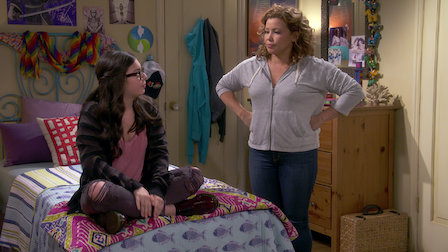
Recently, Netflix announced the cancellation of two more shows with POC and LGBTQ+ representation, “The Society” and “I Am Not Okay With This.” Out of these two shows, “The Society” stands out as it had been renewed for another season just a few months prior to its cancellation. Netflix cited the reason for the cancellation being due to COVID-19 related issues, but other shows like “Stranger Things” were renewed before the pandemic even started and the only setback they have faced has been a delay in the production process. So is there a deeper message at hand?
For years Netflix has prided itself as being the head of diversity in mainstream media with dozens of shows showcasing the lives of non-white and LGBTQ+ characters. However, when examined as a whole, many of the shows that make up this count only last a maximum of one to three seasons and are often cancelled prematurely. Meanwhile, shows with white, heterosexual characters tend to last six to ten seasons, sometimes more. The non-representative shows have the ability to tell the story and wrap it up as intended while the representative shows are left feeling unfinished. This goes hand-in-hand with what seems to be Netflix’s policy with their content of quantity over quality. Netflix would rather have dozens of unfinished shows and only promote and properly continue a select few than work to give every show the ending it deserves.
This policy has been proven to be heavily flawed, though, as many have expressed on social media how sick they are of the shows they’ve connected with constantly being cancelled. Of course, these are usually the shows with characters who represent marginalized groups.
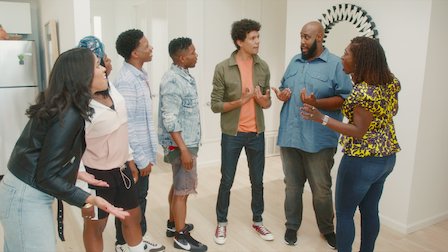
Having shows with representation is important for many reasons. Perhaps the most heavily weighed in terms of importance, however, is the way they allow the people who make up these communities to see themselves and their struggles reflected in the characters and stories told through these shows. Seeing people like them on screen allows them to feel a sense of validation and can even help boost their mental health and self-esteem because it makes them feel like they’re not alone. By taking these characters and their stories away, Netflix is basically spitting in these viewers’ faces and telling them that their struggles and experiences are not worth funding as much as the stories of straight, white characters. This is especially damaging as many of these representative shows are aimed at younger audiences, otherwise known as the group who would benefit the most from seeing a representation of themselves on screen.
In a conversation with my sister, she explained that when members of the LGBTQ+ community find a show with LGBTQ+ representation, they will share it with their friends also in the community to obsess over because of the lack of representation in the general media. She affectionately refers to this as the “flamingo gif.”
The damage doesn’t just stop there. Cancelling shows with positive representation also harms those not in the marginalized groups. Many of these viewers would never know of the struggles or torment that these underrepresented communities face on a regular basis if it weren’t for the shows they watch. By offering shows with diversity, younger generations are exposed to new topics that otherwise would be unfamiliar to them, which then can spark a desire for knowledge about these situations and a want to become a better ally.
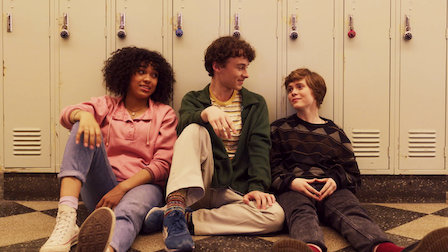
It is quite obvious Netflix uses diversity as a way to make more money because after all, they are a huge corporation. They continuously hype up shows when the time is right but then magically forget about them and continue to promote the same old basic shows with little to no diversity at all, then cancel diverse shows on accounts of “low viewership”. Nonetheless this has been proven false time and time again by the outcries for renewals from fans and the petitions which gather hundreds of thousands to millions of signatures. So why doesn’t Netflix renew the shows then? The answer is simple, they don’t really care. And that’s the problem. If they were actually the champions of diversifying and adding representation to the entertainment industry like they say they are, they would care about the effects that cancelling these shows have on the viewers they represent. In fact, they probably wouldn’t cancel them in the first place and instead promote them just as much as their other shows. Otherwise, they are still being harmful to these communities, just without realizing.
In the meantime, until that day comes, I will continue to listen to my sister and the other people in these communities tell me about these transformative shows and how they see themselves represented in these characters, with the hope that future generations will too.
This story was originally published on FHC Today on November 10, 2020.



























![IN THE SPOTLIGHT: Junior Zalie Mann performs “I Love to Cry at Weddings,” an ensemble piece from the fall musical Sweet Charity, to prospective students during the Fine Arts Showcase on Wednesday, Nov. 8. The showcase is a compilation of performances and demonstrations from each fine arts strand offered at McCallum. This show is put on so that prospective students can see if they are interested in joining an academy or major.
Sweet Charity originally ran the weekends of Sept. 28 and Oct. 8, but made a comeback for the Fine Arts Showcase.
“[Being at the front in the spotlight] is my favorite part of the whole dance, so I was super happy to be on stage performing and smiling at the audience,” Mann said.
Mann performed in both the musical theatre performance and dance excerpt “Ethereal,” a contemporary piece choreographed by the new dance director Terrance Carson, in the showcase. With also being a dance ambassador, Mann got to talk about what MAC dance is, her experience and answer any questions the aspiring arts majors and their parents may have.
Caption by Maya Tackett.](https://bestofsno.com/wp-content/uploads/2024/02/53321803427_47cd17fe70_o-1-1200x800.jpg)
![SPREADING THE JOY: Sophomore Chim Becker poses with sophomores Cozbi Sims and Lou Davidson while manning a table at the Hispanic Heritage treat day during lunch of Sept 28. Becker is a part of the students of color alliance, who put together the activity to raise money for their club.
“It [the stand] was really fun because McCallum has a lot of latino kids,” Becker said. “And I think it was nice that I could share the stuff that I usually just have at home with people who have never tried it before.”
Becker recognizes the importance of celebrating Hispanic heritage at Mac.
“I think its important to celebrate,” Becker said. “Because our culture is awesome and super cool, and everybody should be able to learn about other cultures of the world.”
Caption by JoJo Barnard.](https://bestofsno.com/wp-content/uploads/2024/01/53221601352_4127a81c41_o-1200x675.jpg)




